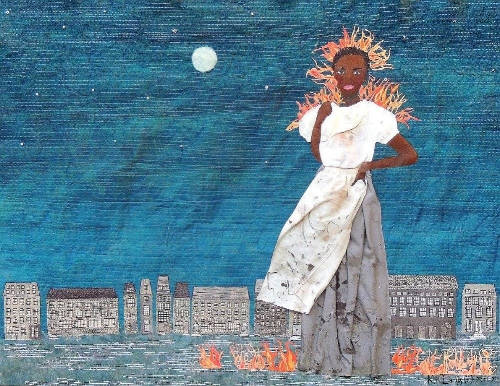
SOCI 230/B (Winter 2024): RACE & ETHNIC RELATIONS
Canadian public discourses have portrayed Canadian society as inclusive and multicultural; associating issues of race and ethnicity with ignorance and prejudice; and relegating them either to history or to the south of the border. In this course, we will learn why this portrayal is factually wrong, analytically misleading, and ethically problematic. In North America, racialized peoples and their allies have been writing, talking, (and shouting!) about how histories of settler colonialism, slavery, and segregation resulted in their present-day reflections of Anti-Black racism and police violence, systemic racism, and violence against Native Americans and First Nations. In Britain and Europe, immigrants and their allies are writing, talking, (and shouting!) about how the fortified borders of Europe are causing more displacement, dispossession, oppression, and anti-immigrant racism. In order to make sense of this rightful anger, and its cause, namely, the systematicity of racial and ethnic oppression and violence, we need to first understand that racism is not caused by individual prejudice or bigotry. Rather it is embedded in modernity, colonialism, capitalism, and the nation-state. We will begin this course by exploring the histories of the concepts of race, ethnicity, culture, and nation and how they evolved in relation to modernity and Eurocentrism. Then, we will analyze how race and ethnicity affect everyone in asymmetric and contradictory ways in relation to other forms of social difference such as gender, sexuality, class, and citizenship. We will also try to cool-headedly witness our own racialized assumptions, acknowledge our privileges, and try to dream of a post-racial world, following Toni Morrison’s advice "If you can't imagine it, you can't have it."
- Teacher: DENIZ DURUIZ
- Teaching Assistant: AMRITA GURUNG
- Teaching Assistant: Amrita Gurung